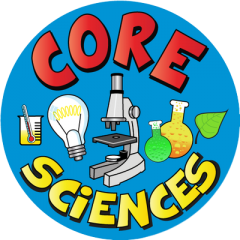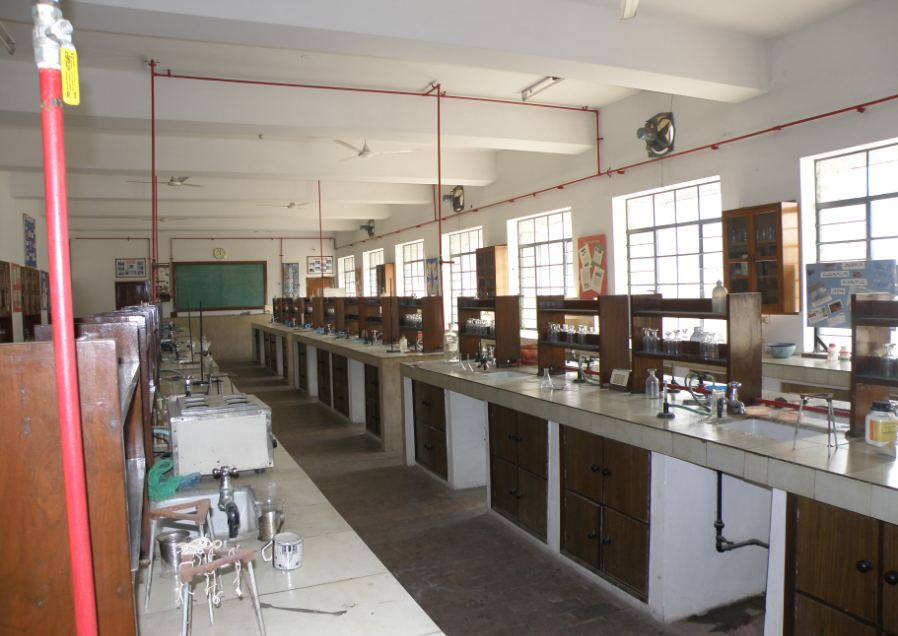The impact on schools of structural issues like Raac (the discovery of unsafe concrete in school buildings) has created a new wave of disruption since covid, leaving students and educators grappling with unprecedented challenges once again.
CoreSciences: Bridging Gaps in Science Education
In 2017 CoreSciences addressed the growing difficulty teachers faced in delivering science practicals. With educators burdened by increasing responsibilities and dwindling resources, CoreSciences became a solution to these challenges. Developed over the past seven years by software developers at CORE Data Systems, in collaboration with experienced secondary school science teachers, CoreSciences focuses on providing extensive and unlimited access to interactive practical routines both within and outside the school environment.
The “Raac” Problem:
In the current scenario of Raac-related building closures affecting 231 schools in England, the disruption has left students anxious about their academic future. Many of the schools affected buildings are specialised teaching spaces such as science labs which cannot easily be substituted for in other spaces within the schools. The government’s reluctance to alter exams in response to these challenges has heightened concerns among parents, teachers, and students as detailed in recent new articles:
https://www.bbc.co.uk/news/education-67781489
https://www.bbc.co.uk/news/articles/cw0d7l4x930o
The Role of CoreSciences in Mitigating Disruptions:
As described in the above BBC news coverage, schools like Hadleigh High School in Suffolk have been compelled to make significant changes to their teaching of practical work due to Raac related closures of all their science labs:
“Hadleigh High School in Suffolk is currently unable to access any of its six science labs. Pupils who should be conducting experiments with Bunsen burners and test tubes are instead learning theory in two-storey portable classrooms”.
However, since then the recent implementation of CoreSciences by Hadleigh High School for their years 9, 10 and 11 has given them new flexibility to adapt to these unexpected challenges to help maintain essential teaching continuity and engagement between students and their practical work.
The platform’s online teaching and learning modules provide an alternative for students to access interactive practical routines for ALL their Required Practicals, compensating for the closure of science laboratories.
The Platform’s Wider Positive Impact:
Beyond assisting teachers and students, CoreSciences plays a crucial role in engaging parents and reaching student groups without access to practical experiments for all kinds of reason, including homeschoolers. By offering a comprehensive approach to science education, CoreSciences mitigates the adverse effects of disruptions, ensuring that students have a higher chance of successfully completing and understanding their practical experiments.
Adapting to Change:
As schools grapple with this new disruption to teaching, CoreSciences emerges as a transformative force in science education. By providing an innovative and adaptable solution CoreSciences not only aids teachers and students in navigating obstacles but also ensures that practical components of the GCSE science curriculum remain accessible and effective. In times of crisis, CoreSciences stands as a testament to the power of technology and education working hand in hand to help overcome learning challenges still being faced by students.

